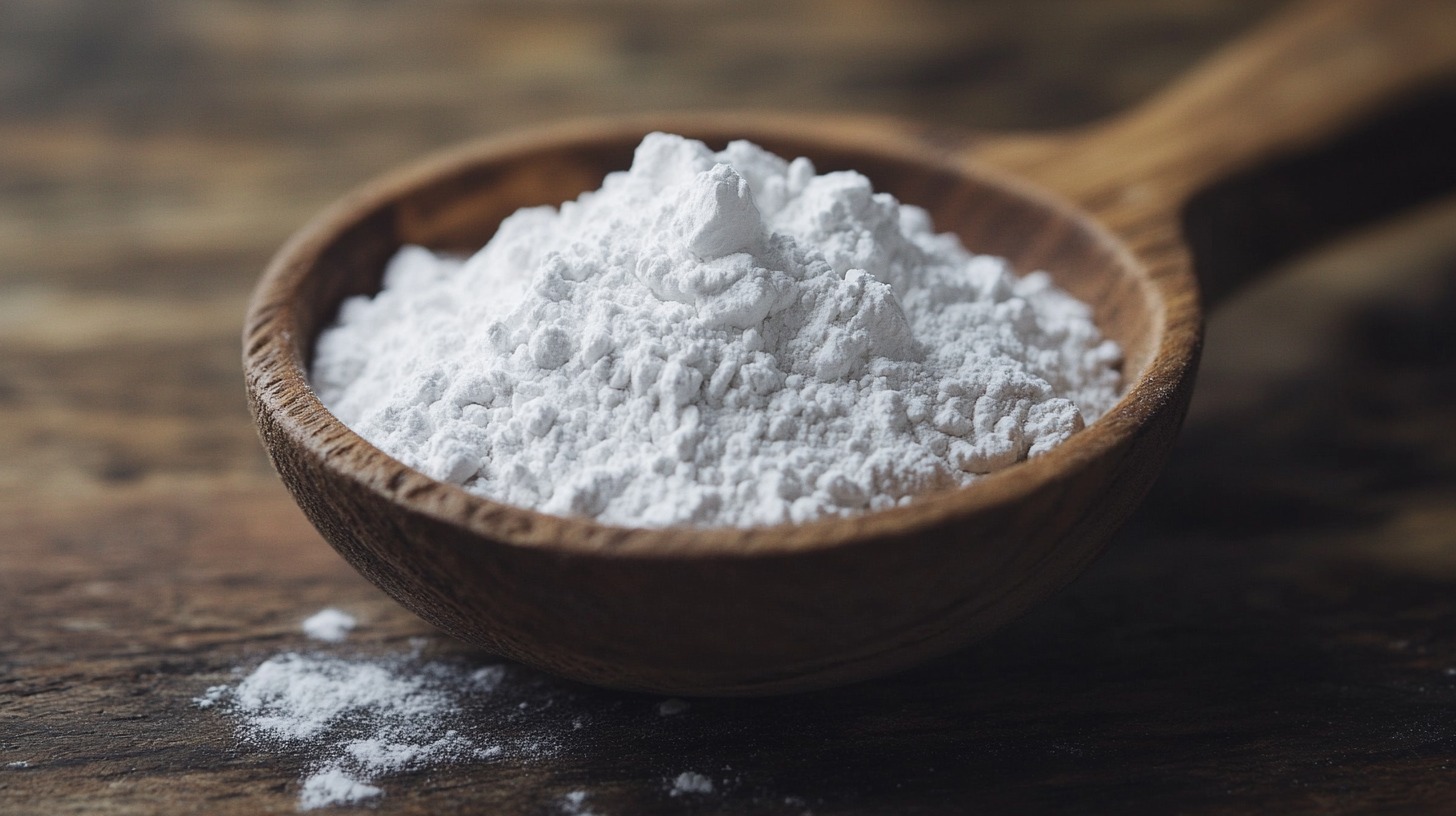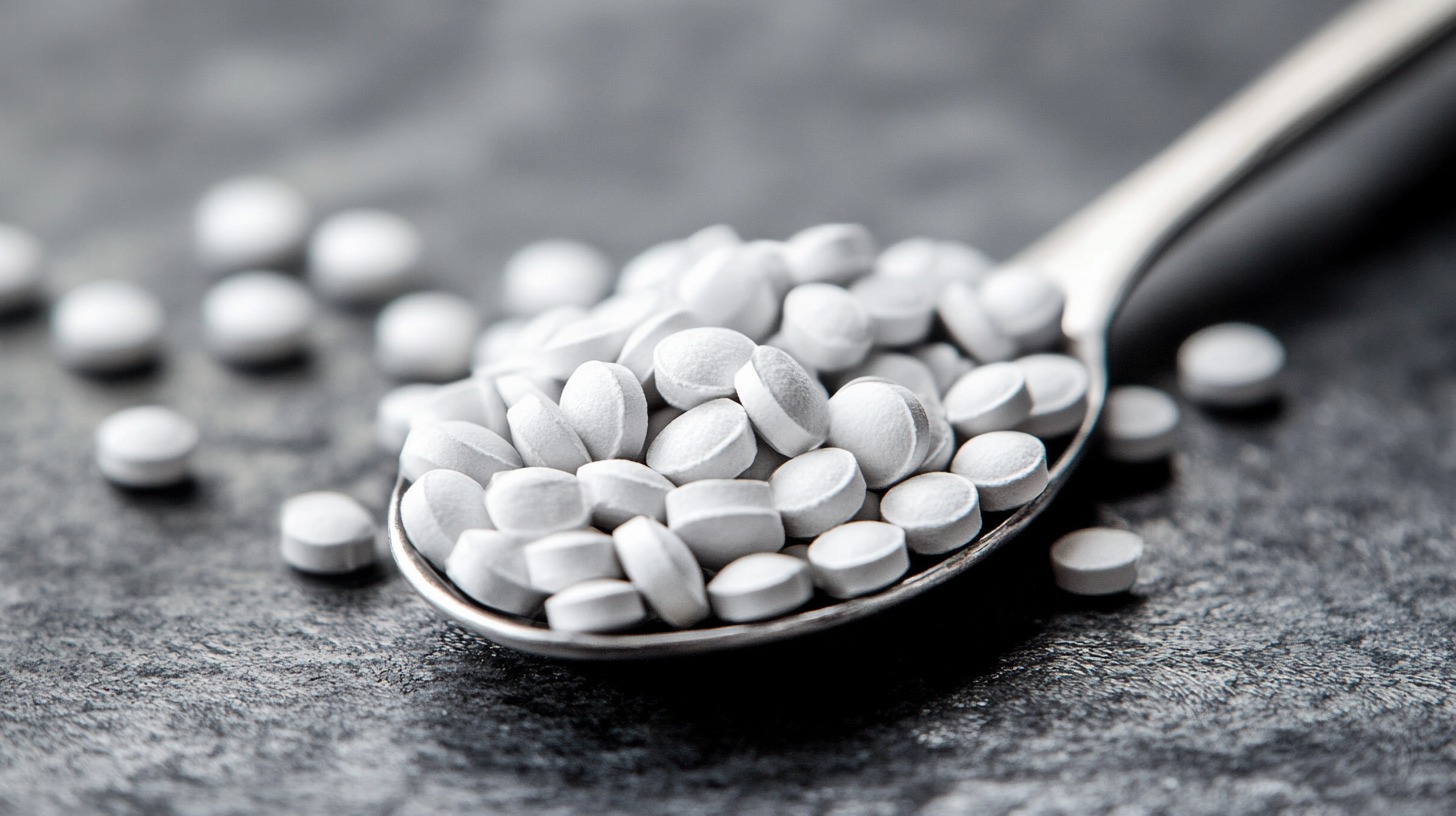Zinc carnosine is a unique compound consisting of zinc and L-carnosine, a dipeptide. This combination is celebrated for its therapeutic properties, particularly in supporting gastrointestinal health.
Acting as a protective agent for the stomach and intestines, zinc carnosine has a long history of use in treating conditions like gastric ulcers and leaky gut syndrome.
Its dual action as a gut protector and a repair facilitator makes it a powerful tool for addressing digestive issues.
With a growing body of research supporting its benefits, zinc carnosine has become an essential supplement for those seeking a healthier gut.
Let us talk about it.
Fact #1: Protects the Gut Lining
Zinc carnosine plays a vital role in safeguarding the integrity of the gut lining, acting as a shield and repair agent.
It works by enhancing mucosal integrity and supporting tight junctions, which are crucial for maintaining a healthy barrier in the gastrointestinal tract.
It is especially beneficial for individuals with leaky gut syndrome, a condition where the gut lining becomes overly permeable, allowing harmful substances to enter the bloodstream.

- Enhances mucosal integrity: Strengthens the protective layer of the gut lining.
- Supports tight junctions: Promotes the structural connections between gut cells to prevent leaks.
- Prevents permeability issues: Shields against conditions like leaky gut syndrome.
In addition to sealing and protecting the gut lining, zinc carnosine offers:
- Protection against oxidative damage: Reduces harm caused by free radicals.
- Anti-inflammatory effects: Alleviates inflammation that disrupts gut health.
Studies have consistently shown that zinc carnosine:
- Improves gut permeability: Restores balance to the gut barrier function.
- Promotes mucosal repair: Aids in the healing process of damaged gut tissue.
Fact #2: Anti-inflammatory and Antioxidant Properties
Zinc carnosine’s anti-inflammatory and antioxidant properties are pivotal to its effectiveness in supporting gut health.
| Key Benefit | Details | Impact |
|---|---|---|
| Reduction of Oxidative Stress | Neutralizes free radicals and protects gut lining. | Decreases cellular damage, improving gut resilience. |
| Inhibition of Pro-inflammatory Cytokines | Prevents inflammation escalation and balances immunity. | Reduces gut inflammation, promoting a healthier environment. |
| Treatment Efficacy for Digestive Conditions | Alleviates gastritis and ulcers, supports IBD healing. | Accelerates recovery and symptom relief in digestive issues. |
| Comprehensive Gut Healing | Combines inflammation reduction with cellular protection. | Enhances gut health and long-term digestive function. |
Reducing oxidative stress in the gut helps minimize cellular damage caused by free radicals, which often result from poor diet, chronic inflammation, or high levels of stress.
The protective mechanism is further enhanced by its ability to inhibit pro-inflammatory cytokines, the signaling molecules responsible for initiating and perpetuating inflammation in the body.
These combined actions make zinc carnosine highly effective in treating a range of conditions affecting the digestive system, including:
- Gastritis
- Ulcers
- Inflammatory bowel diseases
By addressing both inflammation and oxidative damage, the compound not only alleviates symptoms but also fosters long-term healing in the gastrointestinal tract.
For those dealing with persistent gut issues, zinc carnosine offers a dual benefit that sets it apart as a transformative solution.
Fact #3: Role in Ulcer and Gastritis Management

Zinc carnosine is highly regarded for its effectiveness in managing ulcers and gastritis.
It stands out as a superior option compared to traditional medications like cetraxate hydrochloride, with studies demonstrating:
- Enhanced symptom relief: Faster reduction in pain and discomfort.
- Improved endoscopic outcomes: Better healing of ulcers and gastritis lesions.[/su_note]
In addition to its healing properties, zinc carnosine has notable activity against Helicobacter pylori (H. pylori), a bacteria often implicated in the development of ulcers.
- Inhibition of urease activity: Disrupting H. pylori’s survival mechanisms in the acidic stomach environment.
- Adjunctive benefits: Boosting the success rates of conventional H. pylori eradication therapies.
For individuals dealing with chronic gastritis or ulcers, zinc carnosine offers a natural, dual-action approach that supports both bacterial management and tissue repair, making it a potent and versatile therapeutic option.
Fact #4: Support for Intestinal Permeability in Athletes
Athletes, especially those participating in endurance sports, frequently encounter gastrointestinal stress due to the physical demands placed on their bodies.
The stress often leads to increased intestinal permeability, commonly referred to as “leaky gut.”
Zinc carnosine has proven to be an effective solution for protecting the gut lining during such periods of strain.
It works by maintaining tight junction integrity, which helps preserve the gut’s barrier function and supports faster post-exercise recovery.

- Shields the intestinal lining from damage caused by physical exertion.
- Ensures the gut barrier remains intact, reducing the risk of leaky gut syndrome.
- Aids in faster post-exercise recovery by minimizing gut inflammation and permeability.
- Helps alleviate symptoms like bloating, cramping, and discomfort associated with intense exercise.
Fact #5: Safety and Optimal Usage
Zinc carnosine is both effective and safe for regular use, making it an ideal choice for long-term gastrointestinal support.
Its safety profile has been thoroughly demonstrated in clinical studies, with typical doses ranging from 75 to 300 mg daily.
The versatility allows it to address a wide range of digestive health needs without significant side effects.
- Clinically Proven Safety: Zinc carnosine has been tested extensively, showing excellent tolerability in human studies.
- Dosage Range: The effective dosage typically falls between 75–300 mg daily, providing flexibility for different therapeutic needs.
- Minimal Side Effects: Few adverse effects have been reported, making it suitable for long-term use.
Optimal Usage Guidelines:
- Customize zinc carnosine dosage to match your individual health conditions and goals.
- Use it proactively to maintain gut health or include it in your treatment plan to address existing gastrointestinal issues.
- Always consult a healthcare professional to determine whether this is the right supplement for you and how much of it you should consume.[/su_note]
Emerging Research and Applications
Zinc carnosine’s benefits extend far beyond gastrointestinal health, with emerging research highlighting its potential in various medical fields.
- Zinc carnosine may accelerate the healing process by promoting tissue repair and reducing inflammation in damaged areas.
- Preliminary studies suggest it can help regulate immune responses, making it potentially useful for autoimmune conditions or immune deficiencies.
- Its antioxidant capabilities offer promise in treating disorders linked to oxidative damage, such as neurodegenerative diseases.
Despite these promising findings, more robust clinical trials are needed to:
- Larger studies are required to confirm its effectiveness in these non-gastrointestinal applications.
- Determining precise dosing for various conditions remains a critical area for future research.
- Exploring its role in other areas like metabolic disorders or anti-aging therapies.
The Bottom Line
Zinc carnosine is a remarkable supplement with proven benefits for gut health.
With a strong safety profile and potential applications other than gastrointestinal health, zinc carnosine offers a promising future in medicine and overall well-being.

